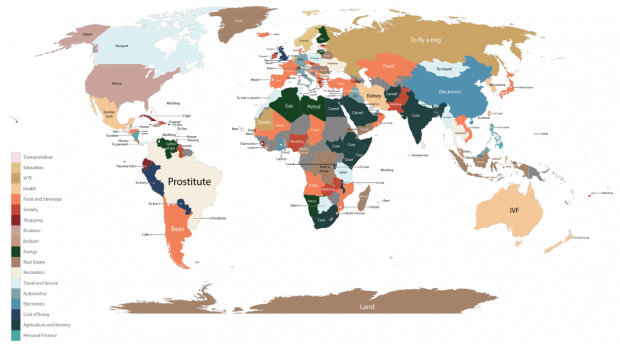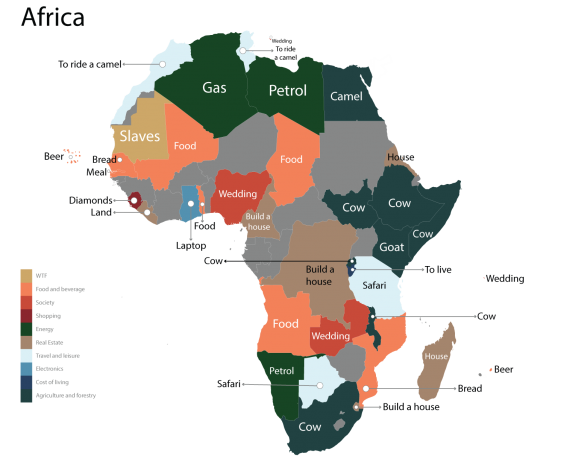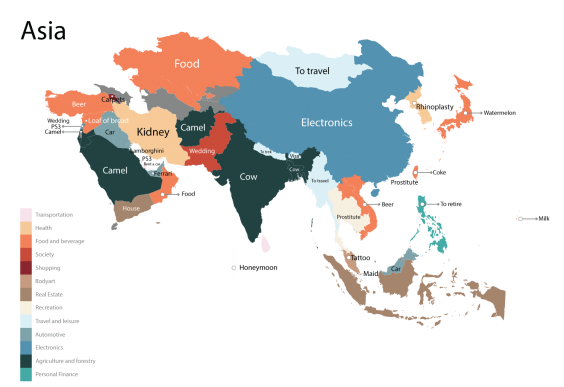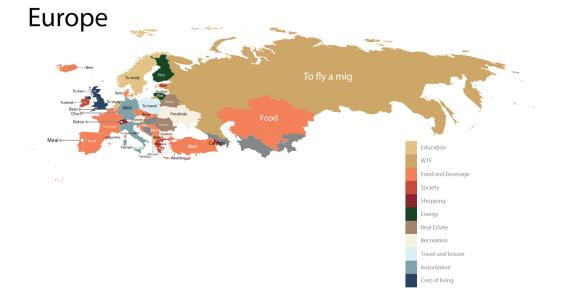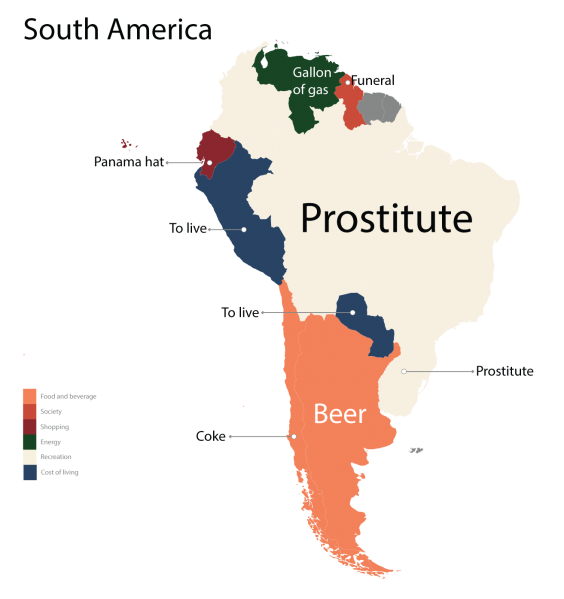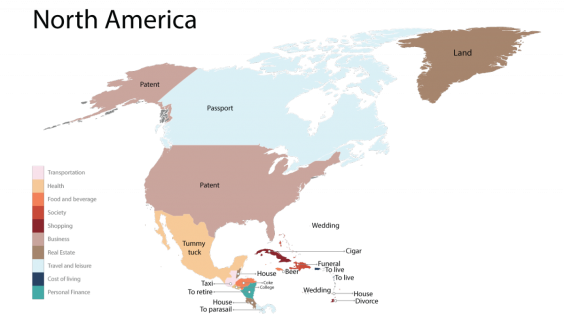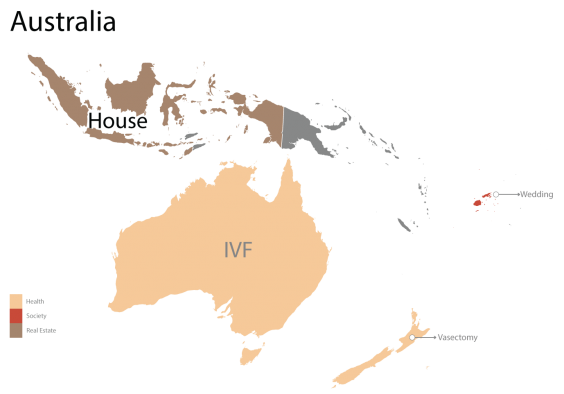
In 2010, China’s first—and only, so far—Qing-class submarine sailed out to sea following nearly six years of construction. Displacing 6,628 tons submerged and measuring exactly the length of a football field at one hundred yards long (ninety-two meters), it is by most accounts the largest diesel submarine ever built.
Unlike the vast majority of diesel submarines, the Type 032 can fire not only long-range cruise missiles, but submarine-launched ballistic missiles (SLBMs) with the capacity to send a nuclear warhead across the ocean.
Beijing prefers to keep its cards close to the chest, leading to speculation about the Type 032—is it purely a missile testing submarine, as is officially claimed, or is it the precursor of a fleet of low-cost ballistic-missile subs? Or was the Type 32 actually built as a prototype vessel for export to Pakistan?
In the past, nuclear submarines enjoyed an enormous advantage in submerged endurance and noise compared to traditional diesel submarines. A diesel submarine could swim quietly for days before having to resurface, but a nuclear-powered submarine can do it for months.
That China would even consider developing such a large diesel submarine is due to the advent of Air-Independent Propulsion (AIP) systems, which encompass a variety of technologies that allow engines and generators onboard a submarine to operate while consuming little or no oxygen. AIP systems can be even quieter than the reactors onboard nuclear submarines, and can efficiently propel the ship electrically for weeks, albeit only at slower speeds.
The first operational AIP powered submarine was the Swedish Gotland, which entered service in 1996. Using a Stirling engine, it could operate submerged for thirty days at a time. The small and nearly silent diesel sub successfully penetrated the antisubmarine defenses of U.S. aircraft carrier task forces in several war games.
Since then, China has built fifteen Yuan-class Type 039A (aka Type 041) diesel submarines using Stirling AIP technology, with another twenty planned. The torpedo-armed Yuan-class subs are intended, like the Swedish Gotland, to serve as stealthy short-range boats for stalking enemy vessels in coastal waters.
The Stirling-powered Qing class, however, marks a dramatic departure from that modus operandi. Situated on the vessel’s elongated sail are two or three Vertical Launch Systems (VLS) tubes used to fire JL-2A Ju Lang (“Big Wave”) ballistic missiles. The JL-2A is believed to have a range approaching five thousand miles and can carry a single one-megaton nuclear warhead, or three or four ninety-kiloton independent reentry vehicles (MIRVs).
The JL-2 was first tested in 2001 and constitutes the main armament of China’s Type 094 Jin-class nuclear submarines. A Type 094 sub embarked on China’s first nuclear deterrence patrol in 2015. Hypothetically, the Type 032 would offer a cheaper, shorter-endurance compliment to the Type-094.
Four or five additional VLS cells on the Qing class’s bow can fire JL-18B Yingji(Eagle Strike) antishipping cruise missiles, which surge to speeds of Mach 2.5 on their terminal approach. The JL-18B is supposedly satellite guided, and is variously credited with a range of 110 to more than three hundred miles. The Type 032 can also launch the slower but longer-range CJ-20A cruise missiles, a derivative of the CJ-10.
Rounding out the Qing class’s armaments is an unconventional pairing of a single standard 533-millimeter torpedo tube with an extra-large 650-millimeter tube. The Type 032 also has facilities to accommodate and deploy up to fifty special-forces personnel—an increasingly common feature in modern submarines.
In other respects, the Type 032 is less impressive. It’s slow—with a maximum speed of sixteen miles per hour submerged, nearly half the speed of a Virginia-class nuclear-powered attack submarine. Its maximum dive depth is reported to be 160 to 200 meters—again, less than half the depth that many modern designs can submerge. The Qing class is understandably not designed for a knife-fight.
In any case, the fact that only a single Type 032 has been built reinforces the claims that it is intended as an affordable testing platform for missile armament. It indeed appears to have replaced the sixties-era Type 031 Golf-class sub used to test the JL-2 ballistic missile. In addition to its crew complement of eighty-eight, it claimed that the Type 032 can carry an additional one hundred “scientists and technicians.” The sub has also reportedly been used to test submarine-launched surface-to-air Missiles and a new underwater escape pods. Some suggest the Type 032 may be applied to deploying undersea drones.
However, a 2011 report claimed that China would sell six Type 032 submarines to Pakistan. The two countries hold a long-time alliance opposing India. China remains wary of the potential future superpower, and sees reinforcing its archrival Pakistan as a strategic hedge. However, the initial claim to a Type 032 deal was either inaccurate or fell through.
More recently, Beijing confirmed in October that it would sell eight Project S-26 and Project S-30 submarines for $4–5 billion—a price roughly equivalent to the cost of two nuclear submarines. Four of each subtype will be constructed in China and Karachi, Pakistan, with first delivery no sooner than 2020 and completion of the contract by 2028.
However, it’s unclear what type of submarines these will turn out to be. Several of official reports appear to state that these are derivatives of the Type 032, but most experts believe they are instead down-scaled version of the ship-huntingYuan-class submarine. However, some descriptions of the S-30 imply it is based on the Type 032, with an intended armament of four Pakistani-developed Babur nuclear-capable land-attack cruise missiles as well as retaining two SLBM tubes.
Nuclear submarines still possess advantages over AIP-powered diesel submarines. Deterrence patrols tend to be lengthy, so the three-to-four-month endurance of nuclear subs still handily beats the thirty days of a Stirling-powered sub. And even though the ability to remain underwater for months at a time may be less vital for coastal defense subs, nuclear submarines can also sustain higher underwater speeds over long distances.
Still, most navies across the world aren’t like United States, which operates submarines thousands of miles across the length of the Atlantic and Pacific Oceans. Countries like China, Pakistan or, hypothetically, Iran or Saudi Arabia, have naval security interests closer to home and don’t need their submarines to cross vast oceans.
Particularly for countries like Pakistan with access to nuclear arms, a missile-armed diesel submarine could offer an affordable means to threaten nuclear retaliation that would remain very difficult to counter, potentially starting a new worrisome trend in nuclear proliferation.
Sébastien Roblin holds a Master’s Degree in Conflict Resolution from Georgetown University and served as a university instructor for the Peace Corps in China. He has also worked in education, editing, and refugee resettlement in France and the United States. He currently writes on security and military history for War Is Boring.
